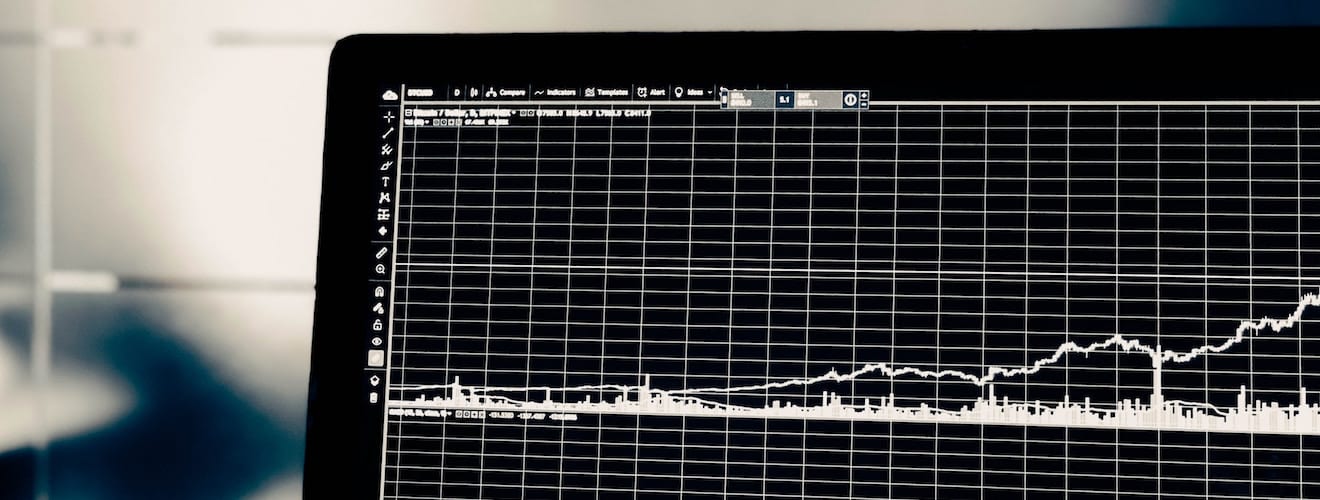If you’ve heard the term “blockchain,” chances are it’s in the context of cryptocurrencies like bitcoin. While the currency has garnered its share of negative publicity recently with wildly volatile price fluctuations and a $400 million hack of a Japanese exchange that dealt in bitcoin, the underlying blockchain technology is a darling in industries beyond finance.
Field service is at the top of the list.
Companies with large R&D teams, such as GE, are already exploring blockchain applications in service. A blockchain, essentially a public ledger that securely logs digital transactions and creates a permanent record, “provides an optimal platform for managing diverse types of transactions on a low-cost, distributed, secure basis,” says Michael Blumberg, president of Blumberg Advisory Group. Field Service Digital spoke with Blumberg about why blockchain could be the next technology trend to overtake the service industry.
Why should service leaders know about blockchain?
Within the next several years, blockchain technology will likely form the backbone of IoT platforms and the basis for managing and automating digital transactions related to field services.
Companies like GE are exploring blockchain applications in service. What do you think the tech’s biggest industrial applications will be?
 Blockchain technology has several applications to field service. One that will have a significant impact on the future of field services is IoT and smart device management. The distributed nature of the blockchain ledger permits tracking and verifying transactions (i.e., alerts, notifications, events, etc.) that occur within the context of IoT platforms, which are also distributed. Hacking into a decentralized network is more difficult than hacking into a centralized network, since data is distributed among anonymous nodes. In addition, blockchain technology has a feature called a “smart contract,” a series of conditional commands that service providers can use to automatically execute service events like dispatching a field engineer or shipping a part when the blockchain records a specific transaction.
Blockchain technology has several applications to field service. One that will have a significant impact on the future of field services is IoT and smart device management. The distributed nature of the blockchain ledger permits tracking and verifying transactions (i.e., alerts, notifications, events, etc.) that occur within the context of IoT platforms, which are also distributed. Hacking into a decentralized network is more difficult than hacking into a centralized network, since data is distributed among anonymous nodes. In addition, blockchain technology has a feature called a “smart contract,” a series of conditional commands that service providers can use to automatically execute service events like dispatching a field engineer or shipping a part when the blockchain records a specific transaction.
Could blockchain transform how service firms collect payment?
The democratic and verifiable nature of blockchain will minimize — and possibly even eliminate — billing disputes, and also ensure that fees are collected the moment that service is performed. The blockchain also provides an optimal way to monetize service events related to IoT-connected devices, including monitoring, alerts and dispatch. I think this is something that both service providers and end-customers will appreciate, particularly when it comes to time and materials billing.
The blockchain ledger also provides an audit trail of who manufactured the part of equipment, how it was used, when it was last used, how it was used, when it failed, when it was repaired, and who repaired it.
Those applications are far broader than blockchain’s main use today in securing digital transactions. Are there parallels to other tools that the service industry has adopted?
Absolutely! We can draw parallels from almost every disruptive or enabling technology that is use today by service organizations. The most obvious examples are cloud applications, mobility solutions, RFID technologies, M2M and IoT, AI, and optimization tools. These technologies have all been adapted to services use cases, and they are all game changers.
Is blockchain the next big innovation in service, or will its impact be more understated?
Blockchain is the next big thing in data communications, period. It has applications to almost every industry, including banking, distribution, entertainment, retail, supply chain and service. But until service companies can monetize transactions, drive operating efficiencies, and boost productivity and quality improvements, blockchain’s impact may be understated. These are outcomes that make a difference to end-customers, which is what matters most to field service leaders.


Share this: